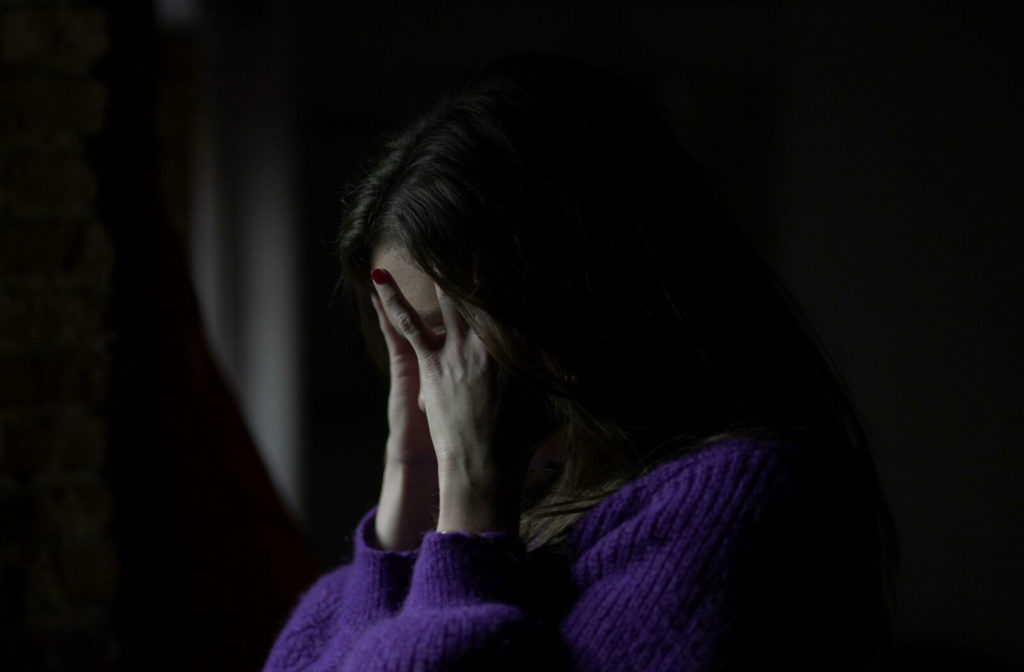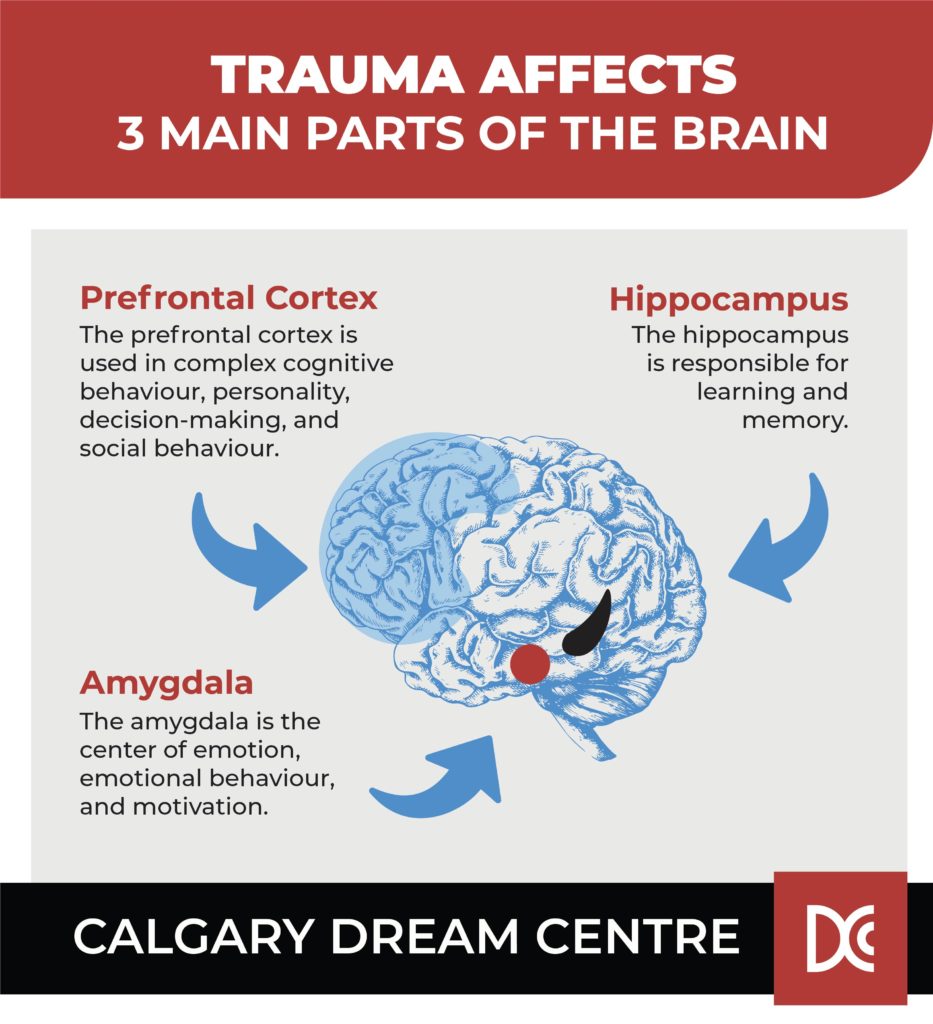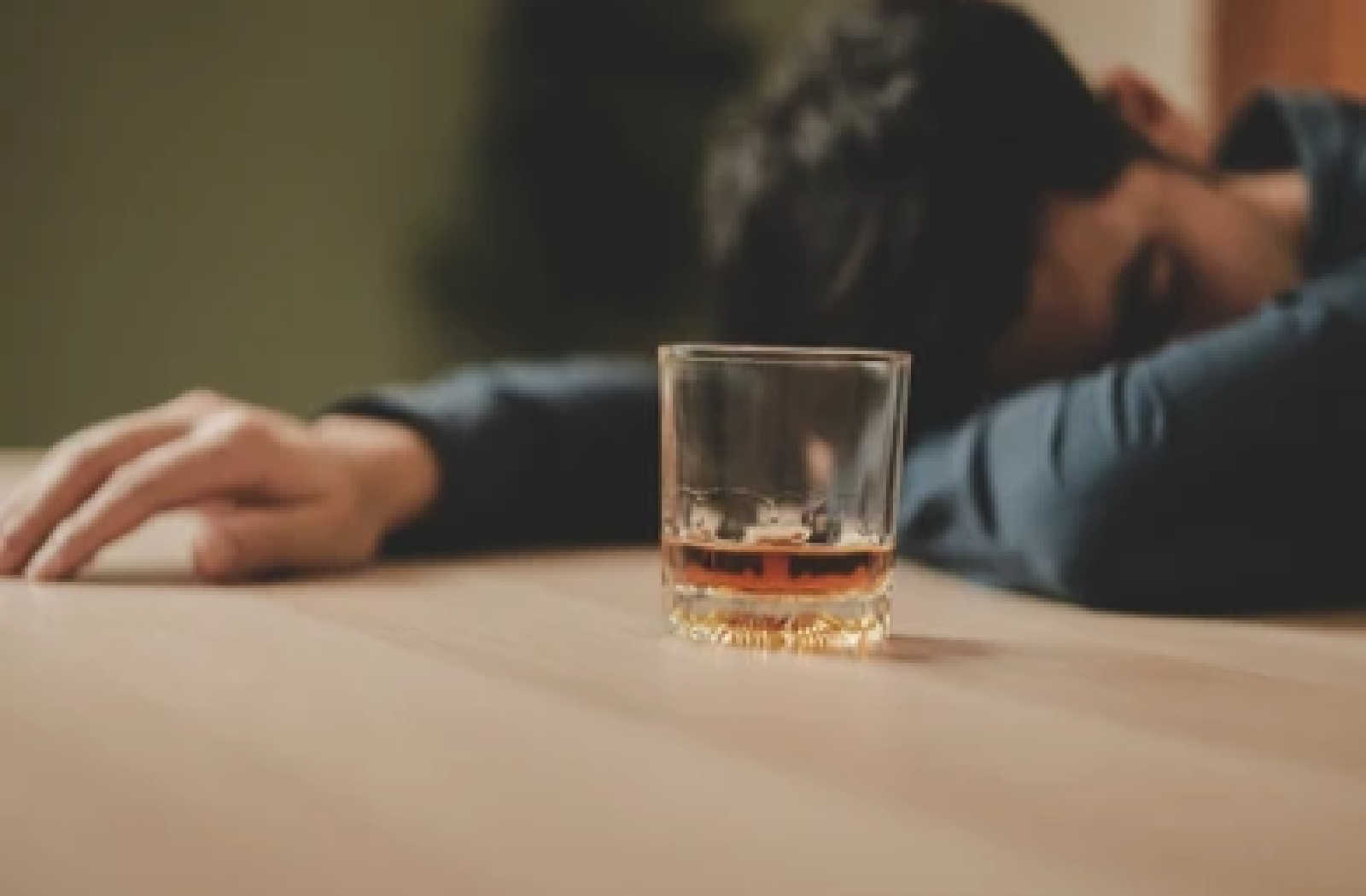Trauma and addiction are closely related, but why?
How does trauma impact a person’s brain and correlate to an increased risk of addiction? Read below to learn more and access the help you or someone you love may need in order to get better.
What Is Trauma?
Trauma describes distressing events in a person’s life that cause challenging emotional consequences. Everyone experiences trauma differently, so what could be extremely traumatic for one person may have no impact on another.
Trauma can happen to anyone at any time, but experiencing traumatic events during a person’s childhood can have a devastating effect on their well-being as they grow up. These events could include abuse, neglect, or abandonment.
In more serious cases, these traumatic events can result in PTSD (post-traumatic stress disorder). PTSD can disrupt a person’s ability to regulate their emotions and develop healthy relationships.
Signs & Symptoms
Traumatic events can include:
- War
- Poverty
- Sexual assault
- Natural disaster
- Childhood neglect
- Loss of a loved one
- Physical or emotional abuse
Traumatic events can be singular instances or ongoing events. Again, trauma is unique to each individual. Common symptoms associated with trauma include:
- Intrusive memories
- Avoidance
- Negative thoughts
- Extreme emotions
What Is Addiction?
Addiction is a disease defined by the neurological system’s chronic dysfunction involving reward, motivation, and memory associated with specific substances.
When the body craves a substance or behaviour, it’s likely due to a perceived positive outcome. In the case of addiction, this substance or behaviour becomes a compulsion wherein the individual seeks the associated reward regardless of consequences.
A person with an addiction will likely:
- Be unable to avoid or stop the addictive behaviour
- Display a lack of self-control
- Have an increased desire to participate in the addictive behaviour
- Dismiss any associated problems or consequences
- Lack emotion or common sense
Addiction can quickly become a lifelong problem and impact a person’s ability to function normally.

The Connection Between Trauma & Addiction
The human brain is built to survive.
The brain will do whatever it takes to protect you physically and emotionally. It’s an incredibly adaptive organ that can respond to anything you experience in your life, allowing you to recover after traumatic experiences.
The brain can rewire itself for the better, but it can also rewire itself for the worse. When we experience trauma, our brains react as quickly as possible to mitigate any damage to the mind and body. Everything from how you make decisions to your subconscious responses can change when you experience trauma.
Trauma affects 3 main parts of the brain: the amygdala, the hippocampus, and the prefrontal cortex.
The amygdala is the center of emotion, emotional behaviour, and motivation. The hippocampus is responsible for learning and memory. The prefrontal cortex is used in complex cognitive behaviour, personality, decision-making, and social behaviour.
These 3 parts of the brain work together to manage stress and can be severely affected by trauma.

When you experience trauma, these 3 parts of the brain learn how to react to the associated triggers. When you’re reminded of a traumatic event, usually by exposure to an associated trigger, these 3 parts of the brain react accordingly.
For those with addiction, this is a behaviour that can be learned to manage the stress associated with trauma. If you experience a traumatic event, your brain may be unable to control your emotions or responses. Some people may find this control or relief from their stress in substances or addictive behaviour.
When the brain is in a reactive state of hypervigilance, your memory and impulse control can become suppressed. This constant state of being can lead to addictive behaviours, especially if trauma was experienced in childhood.
Childhood trauma can greatly impact the development of these 3 major parts of the brain. If there is significant damage to the brain by trauma during childhood, the brain is unable to function correctly in adulthood, leading to addictive behaviours because of this lack of normalcy in brain development and function.
When people use substances or behaviours to compensate for the brain’s inability to regulate emotion and impulse control, they can experience:
- Agitation
- Hypersensitivity
- Depression
- Social withdrawal
- Insomnia
Addiction is often used as a form of self-medication and is never an effective way to cope with or heal trauma.
Find Help
Trauma and addiction don’t have to define your life. If you or someone you love needs help, contact us today.



